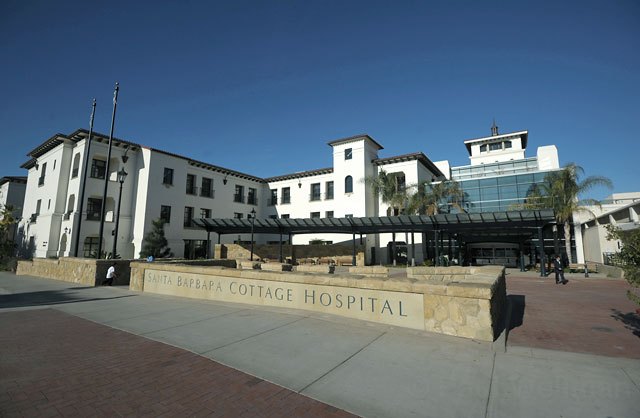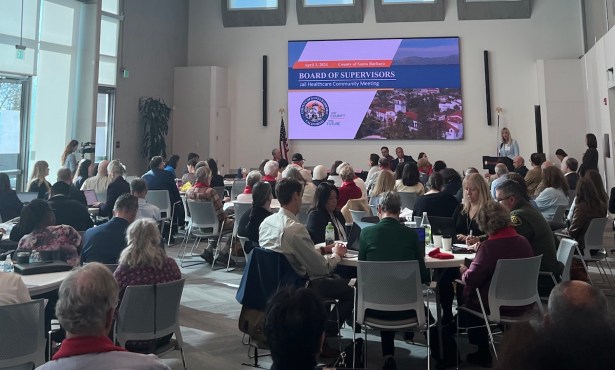Santa Barbara Sees Jump in Involuntary Mental-Health Holds
Cottage Emergency Room Operators Report Increase in Patients Posing Risk to Themselves or Others

Reflecting the increased mental-health volatility associated with the COVID pandemic, Santa Barbara Cottage Hospital’s emergency room operators have reported a sharp increase in the number of patients placed on involuntary psychiatric holds in the first five months of this year.
This January, Cottage ER reported 71 patients posing an imminent risk to either themselves or others, up from 60 in 2020 and 28 in 2019. As of this May — the latest month for which such figures are available — the total number of involuntary holds had hit 97, roughly three new cases a day. That number compares with the 54 cases reported last May and the 19 reported in May 2019.
Not only is Cottage encountering more patients experiencing acute mental-health crises, but the length of their ER stays is increasing as well, reflecting the pressing shortage of psychiatric facilities with available bed space. (In May, 31 patients were referred to their homes, an increase over the prior months of 13, 16, 17, and seven home referrals. That month, 21 patients were referred to Vista del Mar, a psychiatric hospital in Ventura County, and 21 to the county’s chronically overwhelmed Psychiatric Health Facility, licensed to accept no more than 16 patients at a time.) This May, the average length of an involuntary 5150 hold — 5585 for minors — was 28.3 hours. In May 2020, it was 16.5 hours; May 2019’s average was 19.2 hours
Partially driving the uptick in cases is that Cottage medical professionals are now empowered to issue involuntary psychiatric holds themselves. About a year ago, that authority was reserved exclusively for caseworkers with the county’s Department of Behavioral Wellness. That change was negotiated in order to give Cottage personnel greater flexibility to respond to what was a growing problem. Strikingly, the number of involuntary holds issued by caseworkers with Behavioral Wellness (Be Well, for short) has remained pretty much the same.
Mental-health advocate Lynne Gibbs of the National Alliance on Mental Illness stated that the Cottage numbers reflect the county’s long-standing shortage of acute-care beds, but also suggested the success county law enforcement agencies have experienced diverting individuals experiencing mental-health crises from the criminal justice system has taken a toll on the county’s ERs. Likewise, Gibbs speculated that Zoom therapy and virtual care may not be well-suited to the needs of those in severe distress.
“It would be good to know how many of these are repeat visits, how many are already Be Well patients,” she said. “We need better data.”
Support the Santa Barbara Independent through a long-term or a single contribution.



